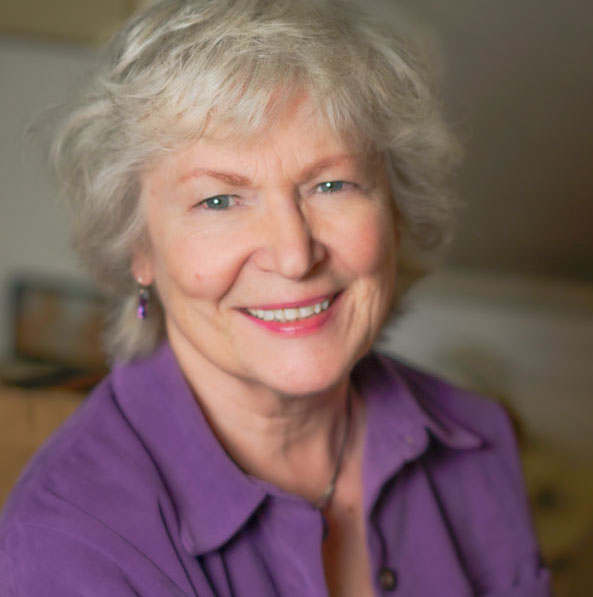
I’ll never forget the first time I saw Thelma & Louise.
Beginning with the opening scenes, I was pulled into the movie – two women friends planning a weekend getaway. I identified with their easy banter, their delight in taking a break from their domestic and work situations and having fun line-dancing in the country western bar. I was totally connected to the lead characters every step of the way.
I had no idea how the movie was going to end. When the end came I was mesmerized. I remained in my seat, trance-like, as the credits rolled off the screen and people filed out of the theatre. It was as though I had been transported to another world, separate from the world around me. I went off the cliff with Thelma and Louise and I was still with them. But we hadn’t crashed into the canyon. We were still sailing across the sky. And I was still living inside the film.
The day after, life was different
 Upon opening my eyes the following morning, I chose a new last name. For 32 years I had used my married name, even though I divorced 20 years earlier. Today, of course, I see this act as one of deep psychological significance. At the time, it was simply something I was compelled to do.
Upon opening my eyes the following morning, I chose a new last name. For 32 years I had used my married name, even though I divorced 20 years earlier. Today, of course, I see this act as one of deep psychological significance. At the time, it was simply something I was compelled to do.
Over the next several days, I saw Thelma & Louise three more times. Never before in my life had I done such a thing. I didn’t try to analyze what was happening. All I knew was that this film had affected me in a profound way. Even now I find that words do not fully capture this sensation. I had never seen a film where women exuded so much power. They had ‘slain the dragon’. They were forces to be reckoned with. Even in the face of death, they refused to surrender.
What were other viewers thinking?
I couldn’t help but wonder to what extent other viewers experienced deep emotional responses to the film. What positive or negative impressions would they be inclined to share? In addition to gender-based reactions, would there be differences based on age, education and social-standing? These were some of the questions which loomed in my mind as I made the decision to invite other viewers to participate in a research project based on an open-format questionnaire.